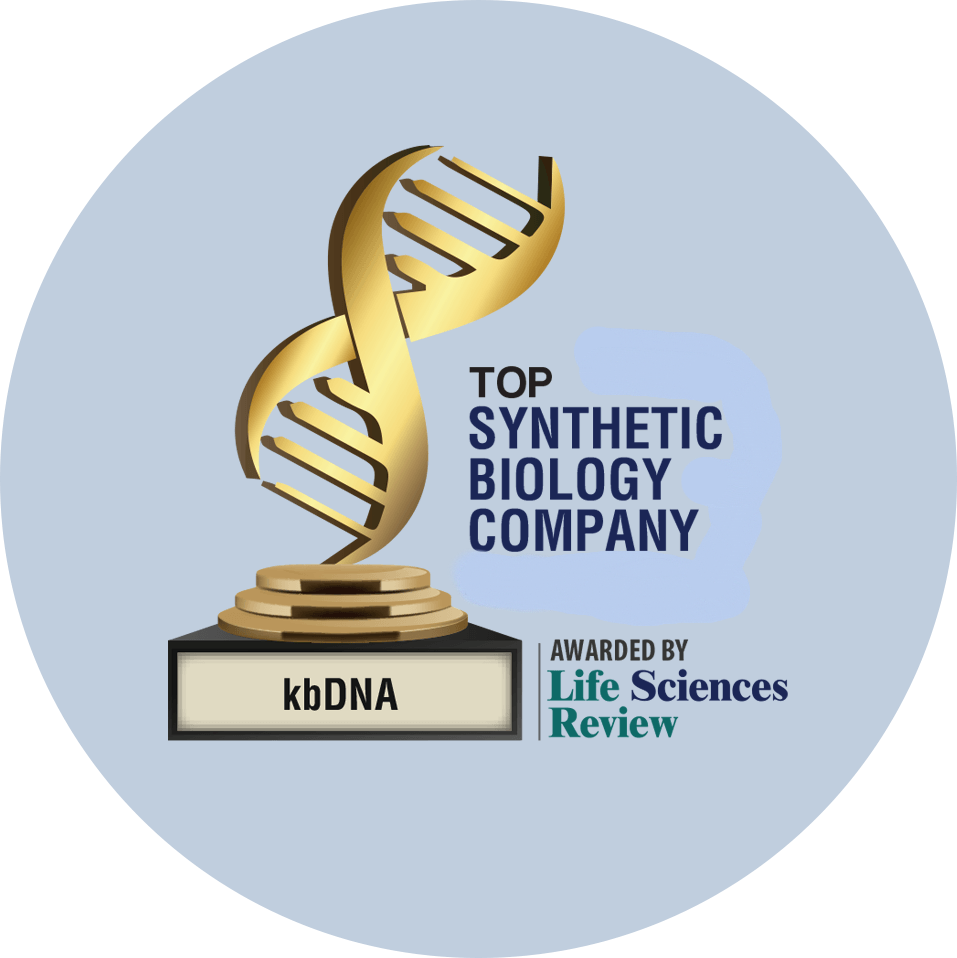Kallikrein 6
Recombinant ID:
3168
Request Datasheet
Gene of Interest
Gene Synonyms:
Protein Names:
Accession Data
Organism:
Homo sapiens (Human)
Mass (kDa):
26856
Length (aa):
244
Sequence:
MKKLMVVLSLIAAAWAEEQNKLVHGGPCDKTSHPYQAALYTSGHLLCGGVLIHPLWVLTAAHCKKPNLQVFLGKHNLRQRESSQEQSSVVRAVIHPDYDAASHDQDIMLLRLARPAKLSELIQPLPLERDCSANTTSCHILGWGKTADGDFPDTIQCAYIHLVSREECEHAYPGQITQNMLCAGDEKYGKDSCQGDSGGPLVCGDHLRGLVSWGNIPCGSKEKPGVYTNVCRYTNWIQKTIQAK
Proteomics (Proteome ID):
Kallikrein-6 (EC 3.4.21.-) (Neurosin) (Protease M) (SP59) (Serine protease 18) (Serine protease 9) (Zyme)
Proteomics (Chromosome):
UP000005640
Mass Spectrometry:
Mass=25866; Method=MALDI; Range=22-244; Evidence={ECO:0000269|PubMed:11983703};
Function [CC]:
Serine protease which exhibits a preference for Arg over Lys in the substrate P1 position and for Ser or Pro in the P2 position. Shows activity against amyloid precursor protein, myelin basic protein, gelatin, casein and extracellular matrix proteins such as fibronectin, laminin, vitronectin and collagen. Degrades alpha-synuclein and prevents its polymerization, indicating that it may be involved in the pathogenesis of Parkinson disease and other synucleinopathies. May be involved in regulation of axon outgrowth following spinal cord injury. Tumor cells treated with a neutralizing KLK6 antibody migrate less than control cells, suggesting a role in invasion and metastasis. {ECO:0000269|PubMed:11983703, ECO:0000269|PubMed:12878203, ECO:0000269|PubMed:12928483, ECO:0000269|PubMed:15557757, ECO:0000269|PubMed:16321973, ECO:0000269|PubMed:16987227}.
Metal Binding:
N/A
Site:
SITE 80 81 Cleavage; by autolysis.
Tissue Specificity:
In fluids, highest levels found in milk of lactating women followed by cerebrospinal fluid, nipple aspirate fluid and breast cyst fluid. Also found in serum, seminal plasma and some amniotic fluids and breast tumor cytosolic extracts. Not detected in urine. At the tissue level, highest concentrations found in glandular tissues such as salivary glands followed by lung, colon, fallopian tube, placenta, breast, pituitary and kidney. Not detected in skin, spleen, bone, thyroid, heart, ureter, liver, muscle, endometrium, testis, pancreas, seminal vesicle, ovary, adrenals and prostate. In brain, detected in gray matter neurons (at protein level). Colocalizes with pathological inclusions such as Lewy bodies and glial cytoplasmic inclusions. Overexpressed in primary breast tumors but not expressed in metastatic tumors. {ECO:0000269|PubMed:10997858, ECO:0000269|PubMed:11018688, ECO:0000269|PubMed:11668196, ECO:0000269|PubMed:12928483, ECO:0000269|PubMed:16800739}.
Disease:
N/A
Mutagenesis:
N/A
Reagent Data
Name:
Kallikrein-6 (EC 3.4.21.-) (Neurosin) (Protease M) (SP59) (Serine protease 18) (Serine protease 9) (Zyme)
Class:
Subcategory:
Recombinant
Molecular Weight:
Source:
Species:
Human
Amino Acid Sequence:
Tag:
Format:
Lyophilized
Formulation:
Sterile-filtered colorless solution
Formulation Concentration:
1mg/ml
Buffer Volume:
Standard
Buffer Solution:
PBS
pH:
7.4-7.5
Stabilizers
NaCl:
Null
Metal Chelating Agents
EDTA:
Null
Purity:
> 98%
Determined:
SDS-PAGE
Stained:
Inquire
Validated:
RP-HPLC
Sample Handling
Storage:
-20°C
Stability:
This bioreagent is stable at 4°C (short-term) and -70°C(long-term). After reconstitution, sample may be stored at 4°C for 2-7 days and below -18°C for future use.
Preparation:
Reconstitute in sterile distilled H2O to no less than 100ug/ml; dilute reconstituted stock further in other aqueous solutions if needed. Please review COA for lot-specific instructions. Final measurements should be determined by the end-user for optimal performance.












